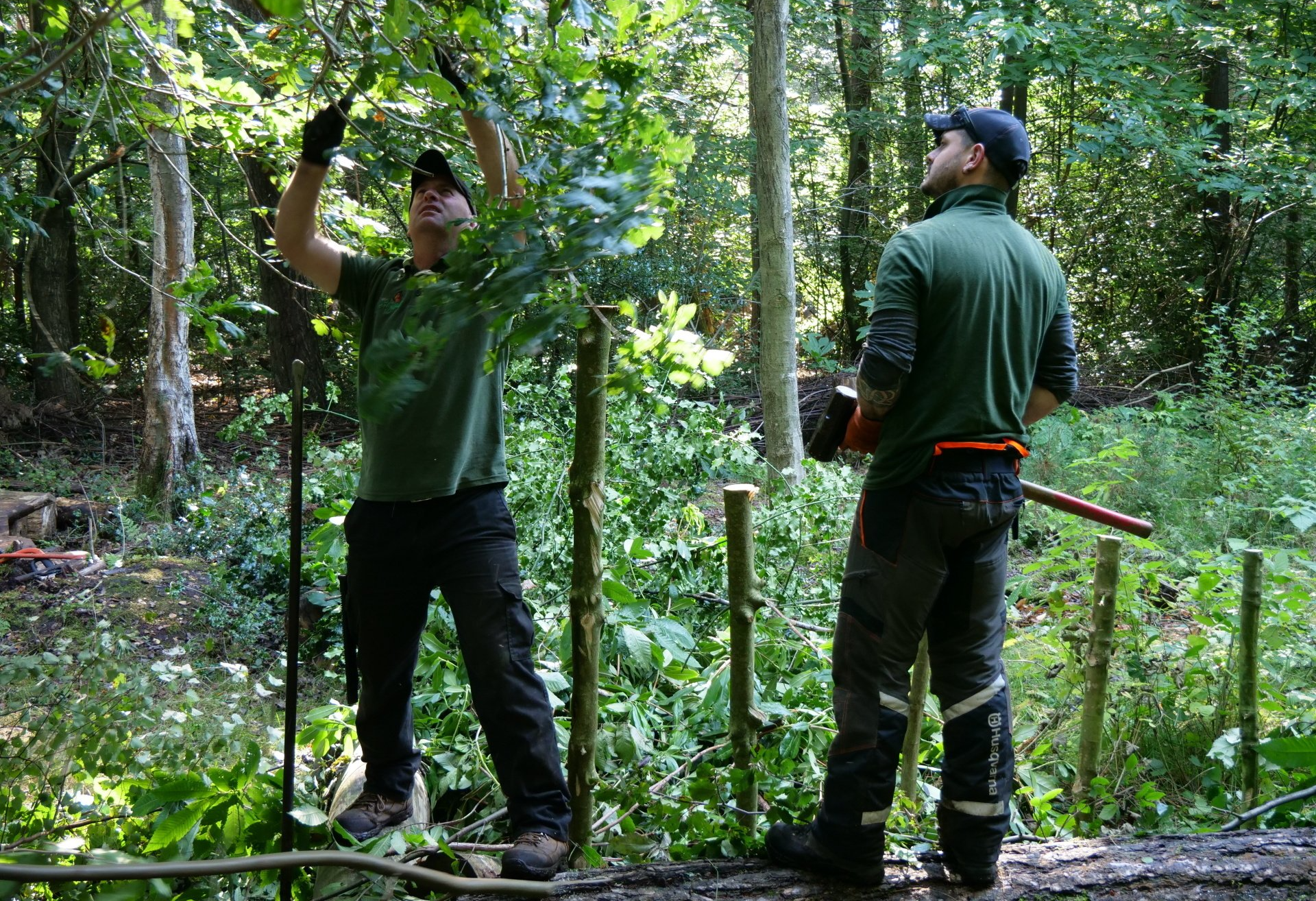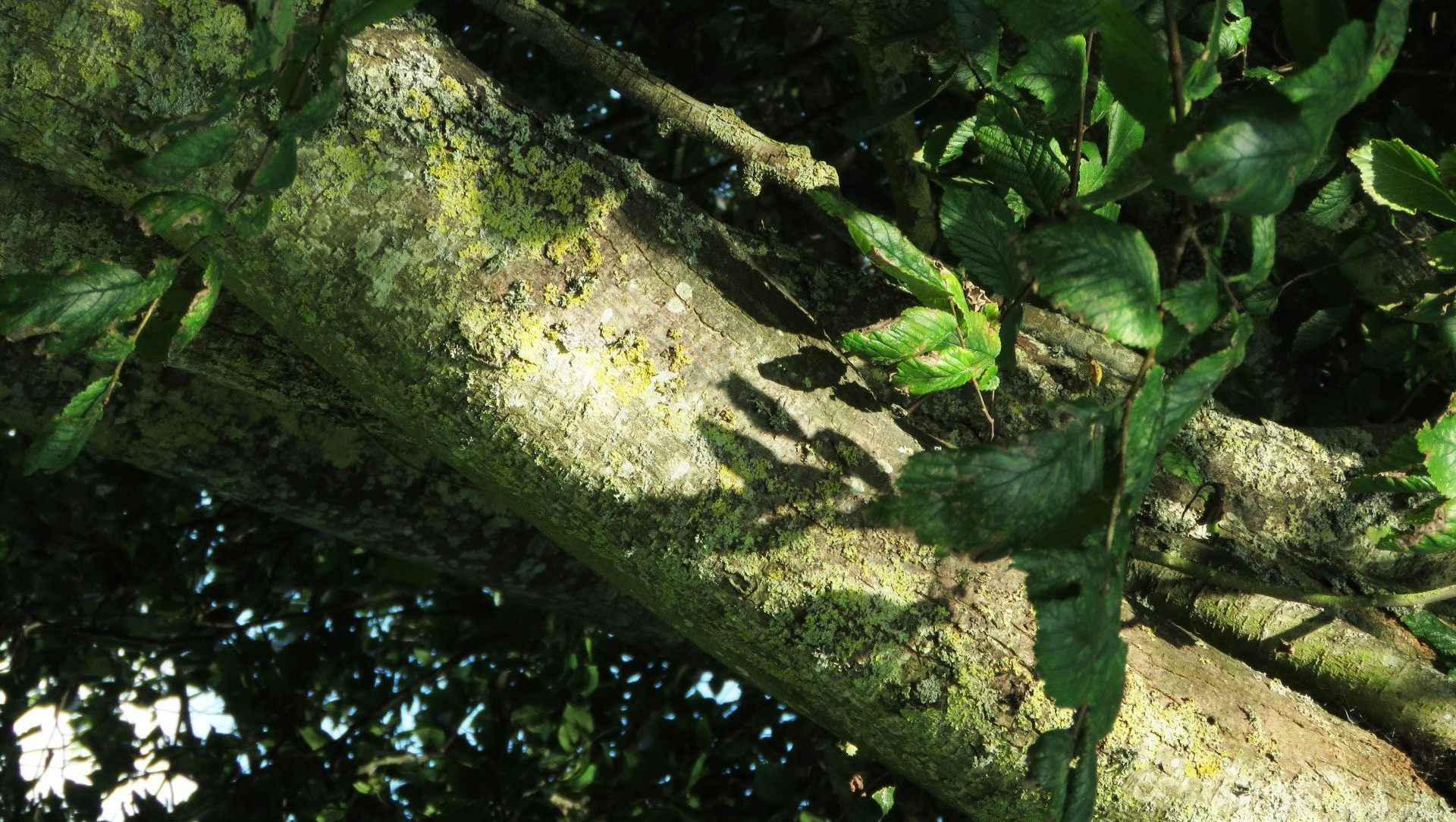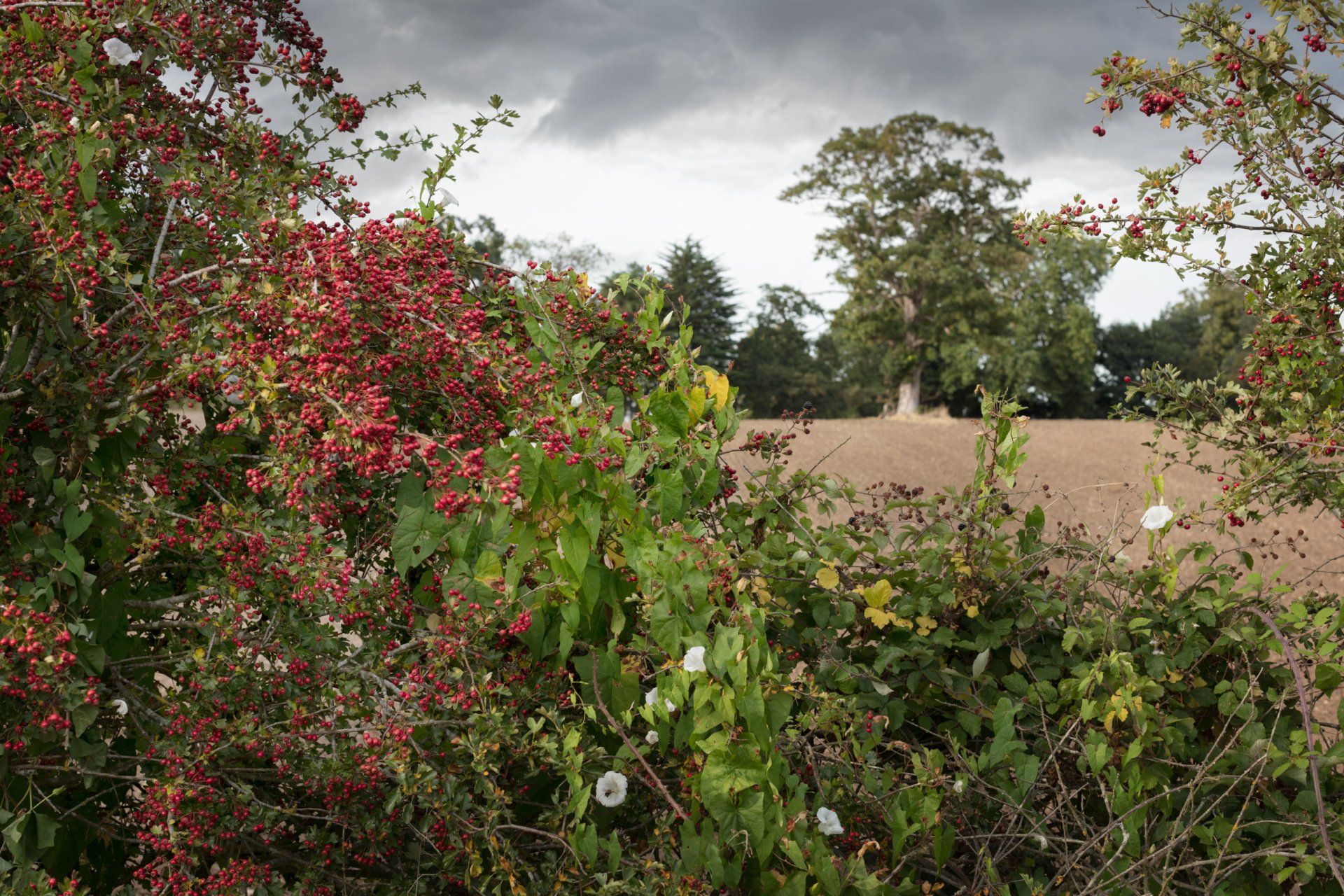Trees - Planting for the Future
North Norfolk District Council is taking innovative steps to combat the climate emergency.
A range of projects designed to increase resilience are now underway, with over 60,000 trees already planted.
37 native species of trees and hedges are now in the ground, at 74 projects across the district, and they've not stopped there.

Finding space for nature
Since 2019, North Norfolk District Council has been undertaking a series of environmental activities to improve our natural spaces, increase biodiversity, raise the understanding of pressing climate concerns amongst residents and include our pro-active and incredible communities in the process. Our flagship project is to plant 110,000 trees by 2023. This figure represents a tree for every North Norfolk resident, and has seen residents, schools, community groups and charities come together towards this goal.
We also work closely with the
Felbeck Trust, a charity who undertake long-term conservation on a number of green spaces in the Council’s assets register. They're doing some incredible work in helping to encourage the return of wildlife and biodiversity. One such site is an old allotment in West Beckham, which has been encouraged to grow wild, which is having an extraordinarily positive impact on nature. We certainly look forward to working with The Trust more in the future, on similar projects.
Planting trees across North Norfolk
We recently exceeded the 60,000 tree-planting mark, with more projects planned over the next tree planting season. It's incredibly encouraging to know that we have been instrumental in planting 37 different native tree and hedge species, across more than 74 projects, and created long-term environmentally-conscious partner relationships along the way.

While the impact on the environment is more subtle than some of the Council’s other measurable climate-related objectives, the collective effort has seen great successes in educating the next generation of residents through eco-groups. Seeing the public get involved in strengthening and reinforcing our three Green Flag sites has been wonderful, leading to to an invested community that cares about nature.
Tree giveaways
Another popular scheme has been our tree giveaways, where residents can take away a tree of their very own to plant. Operating out of Holt Country Park, we have distributed Hazel, Rowan, Spindle, Hawthorn, Oak and Crab Apple – all Norfolk natives. Each tree is issued with a compostable guard, cane support and a flyer with planting advice, allowing a resident’s own tree to be special to them. The giveaways have been very popular, with a recent event giving away so many trees that halfway through more had to be brought to Holt Country Park.
In our tree planting, we have also introduced innovative methods into the District in Fakenham, North Walsham and Sheringham, having teamed up with Norfolk County Council and working in partnership with DEFRA and the Tree Council to introduce the Japanese Miyawaki planting method.
The Miyawaki Method
The Miyawaki Method involves mass-planting trees in a tight, enclosed area to encourage ‘mini-forests’; the system of planting was introduced post-Tsunami in Japan, with great success. This method in Norfolk could see this introduced into more urban spaces, increasing biodiversity and carbon sequestration across more North Norfolk towns.
Declaring a Climate Emergency
North Norfolk’s aims exceed tree planting; the Council declared a climate emergency and opted to put environmental consideration at the heart of our service delivery. Our environment contributes to the quality of life of residents and plays a vital role in supporting the local visitor economy, as well as playing host to a wealth of natural and cultural assets and biological diversity.
Our
Environmental Charter states our commitment to action in order to achieve a sustainable future for North Norfolk, showing how we will use our own resources wisely to set a direction through our own actions; working with partners; and influencing others.
The Charter pledges our commitment in three chapters; steps to become [Carbon] Net-Zero by 2030, what actions we will take as a community leader in North Norfolk and how we can empower/what residents can do themselves.

As a community leader in North Norfolk, the Council hosts an Environment Forum each year, where interested residents and groups can meet to discuss environmental and energy concerns in North Norfolk. At the Forums, there are opportunities to question the Council on our approach to addressing concerns and how we plan to combat them locally in the future.
2021’s Environment Forum was held online and featured guest speaker Dr Nick Brooks, a lecturer at UEA, who presented the climate science for the future of Norfolk and the environmental impact of a raise in global temperature. The Environment Forum is due to meet again in April 2022.
The Council has recently adopted a Net-Zero Strategy and Action Plan, which will set out our aims to not only become Net-Zero across our operations, but to help others in North Norfolk drastically reduce their carbon output with a view of making North Norfolk a Net-Zero district by 2050.

North Norfolk District Council’s flagship platform for educating residents and community groups is through the regular, annual
Greenbuild festival. Greenbuild has been running for two decades and was an opportunity in previous years for families to meet and learn about the North Norfolk environment and agriculture.
Facing cancellation from COVID, Greenbuild was taken online and revitalised through the Climate Change team, with an online offering of hosted talks covering a range of pressing issues to educate the public.
Speakers included Chris Packham, the
Norfolk Green Care Network,
Wild Ken Hill,
Professor Tom Williamson,
Jake Fiennes (Holkham Estate),
Marine Conservation Society and other speakers covering many issues our coastal, rural communities can face, alongside individual or grassroots changes audiences can implement.
The talks, and the new direction for Greenbuild, were very popular, with surveys indicating a hybrid nature involving both online and in-public events would be preferable for future years. The Council has begun planning for future Greenbuild events and has brought environmentalism and climate change to the forefront.

Over the years, the Council has held a variety of community funding schemes to benefit projects in the district which seek to improve the lives and well-being of their locality. In 2021, the
Sustainable Communities Fund was set up to grant funding to projects up to the value of £15,000; the projects must demonstrate a positive environmental outcome, enhance biodiversity, encourage physical and mental well-being, or promote sustainability.
In the first year, £135,000 has been awarded to groups looking to improve North Norfolk’s sustainability.
Over the coming years, the Council will continue to invest and innovate, looking to improve the eco-credentials of our assets and operations, invest in green energy infrastructures (such as Electric Vehicle Charge Points) and encourage businesses, partners and community groups to operate sustainably.
As an authority, we look forward to working with all those in our District to create a better future for us all here in North Norfolk.
WildEast Blog

Powered by LocaliQ
Follow Us
SIGN UP FOR NEWS & UPDATES
Newsletter Sign Up
Thank you for signing up to our newsletter.
Please try again later.
Privacy / Terms & Conditions / Sitemap
